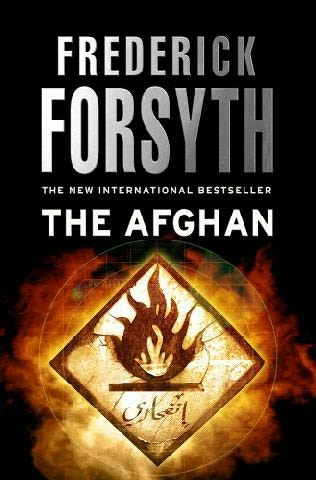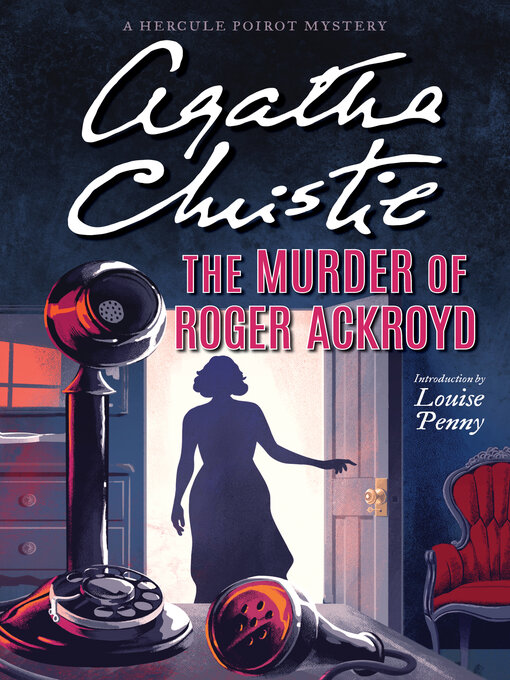
Maybe I just wasn’t in the mood (although when I bought it I thought I was); maybe it was watching the excellent BBC series, The State Within, at the same time as reading; maybe it was coming to the book straight after Agatha Christie’s masterpiece, The Murder of Roger Ackroyd – but Frederick Forsyth’s ‘thriller’, The Afghan proved to be more a damp squib than pyrotechnic display.
All the constituent parts were in place – action man hero, terrorist bad guys, secret service intrigue and obligatory cock-up and miss-timings; suitable locations were exploited; enough people, including the obligatory innocent, were killed – but nothing stood out, nothing gripped – it was just like sitting in a cooling bath – warm enough to keep you in, but almost cold enough to force you to move: Inertia is a significant factor in the choices people make.
In previous Forsyth reads I’ve never been so unexcited – or uninterested.
Key to my disappointment is this feeling of detachment – I quite frankly didn’t care about any of the participants. It is in the nature of the genre that character is not greatly developed, but there is a need for a sharpness of outline, some individuation, telling details to hook on to. Mike Martin, the hero, is far too obvious to be real – there is no way I want a Colonel in the SAS to have Lawrence of Arabia as his favourite film – or to think in terms of tatty emotional-knee-jerk poetry: This is dumbing-down in an obvious way. The Afghan himself – prisoner in Guantanamo - despite showing flickers of life, especially in his youth, turns into the ‘justified’ terrorist; Forsyth’s attempts to humanise sounding more like wishy-washy liberal, coffee-table sociology than solid realities.
So too with the locations. In Forsyth’s Icon I could recognise Russia – the Moscow of post Soviet collapse – and that despite knowing factually it was not quite right in several places (I was living in Moscow at the time I read it); what it captured was one of the senses of psychological place that were potentially post Yeltsin Moscva.
Not one location in The Afghan gave me anything other than a feeling of umbrella-stand to hang a piece of plot on. Whether it was the seriously spectacular mountains of Afghanistan, the luscious blues of the Arabian gulf, the dripping mosquito heat of the tropics or the cold chill rounding the southern tip of Africa late in winter – none appeared in my inner mind as I read of events taking place ostensibly in a globalised terrorists-free-to-wander world.
Strangely, at times, I had a suspicion that Forsyth was thinking in terms of film – sketching in plot and focus points which the actual location will screen fill, the sound effects and music-track excite, the quick cutting and camera close-up thrill. There was no stronger incident in the book than the Russian helicopter rising into the air and coming into the attack – it would make a stunning sequence – on the page it was reduced to events.
I will watch the film when it comes out – it should be a good action movie (although the basic terrorist plot did stretch believability I’m afraid). The book, however, is destined for the reject pile.


